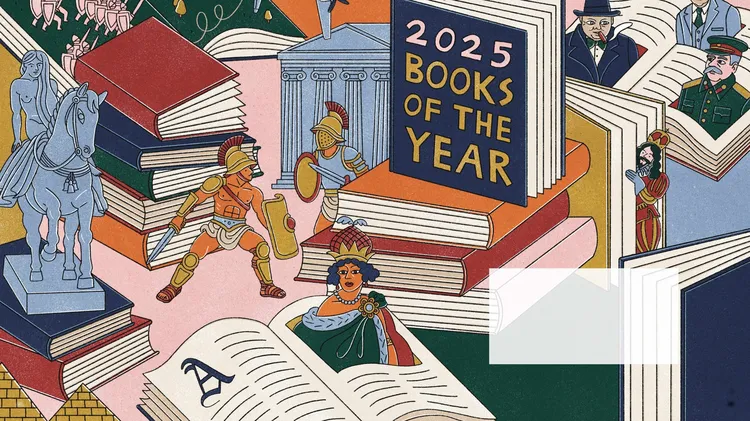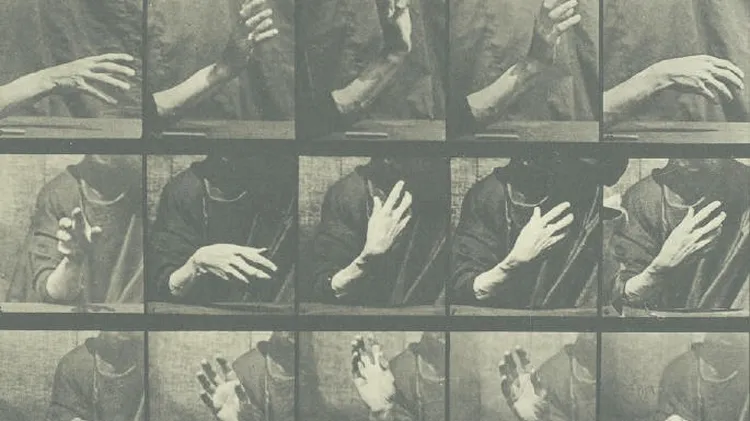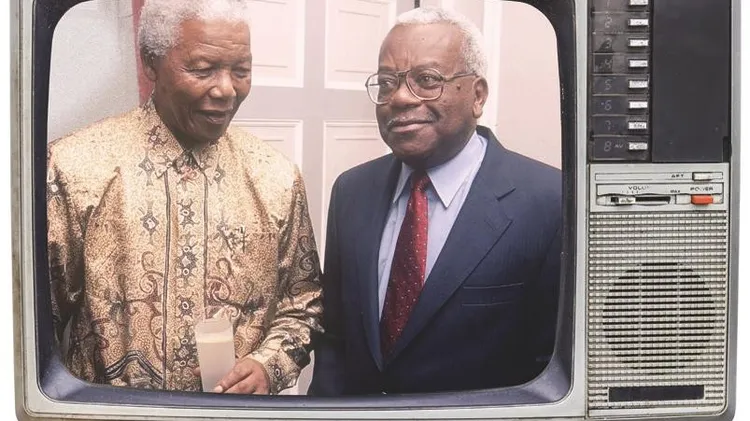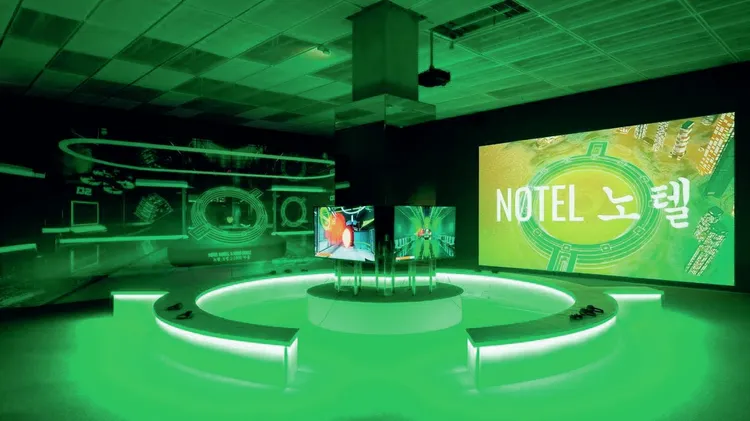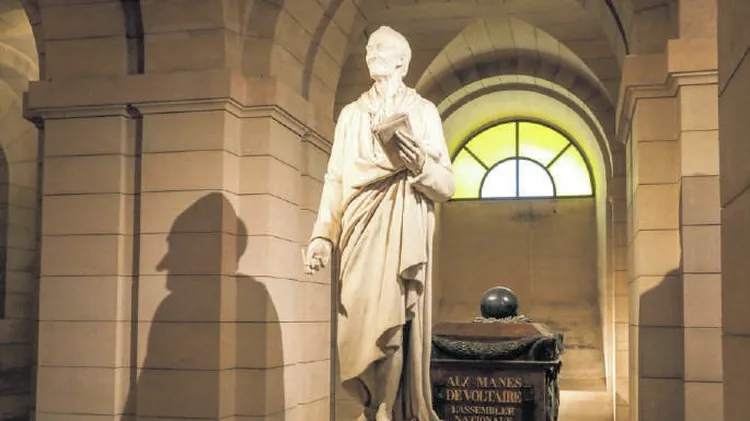MICHAEL WOO
From beatles lyrics to hindu scripture, translation is a true library of the world
2 min read
This article is from...
Read this article and 8000+ more magazines and newspapers on Readly

